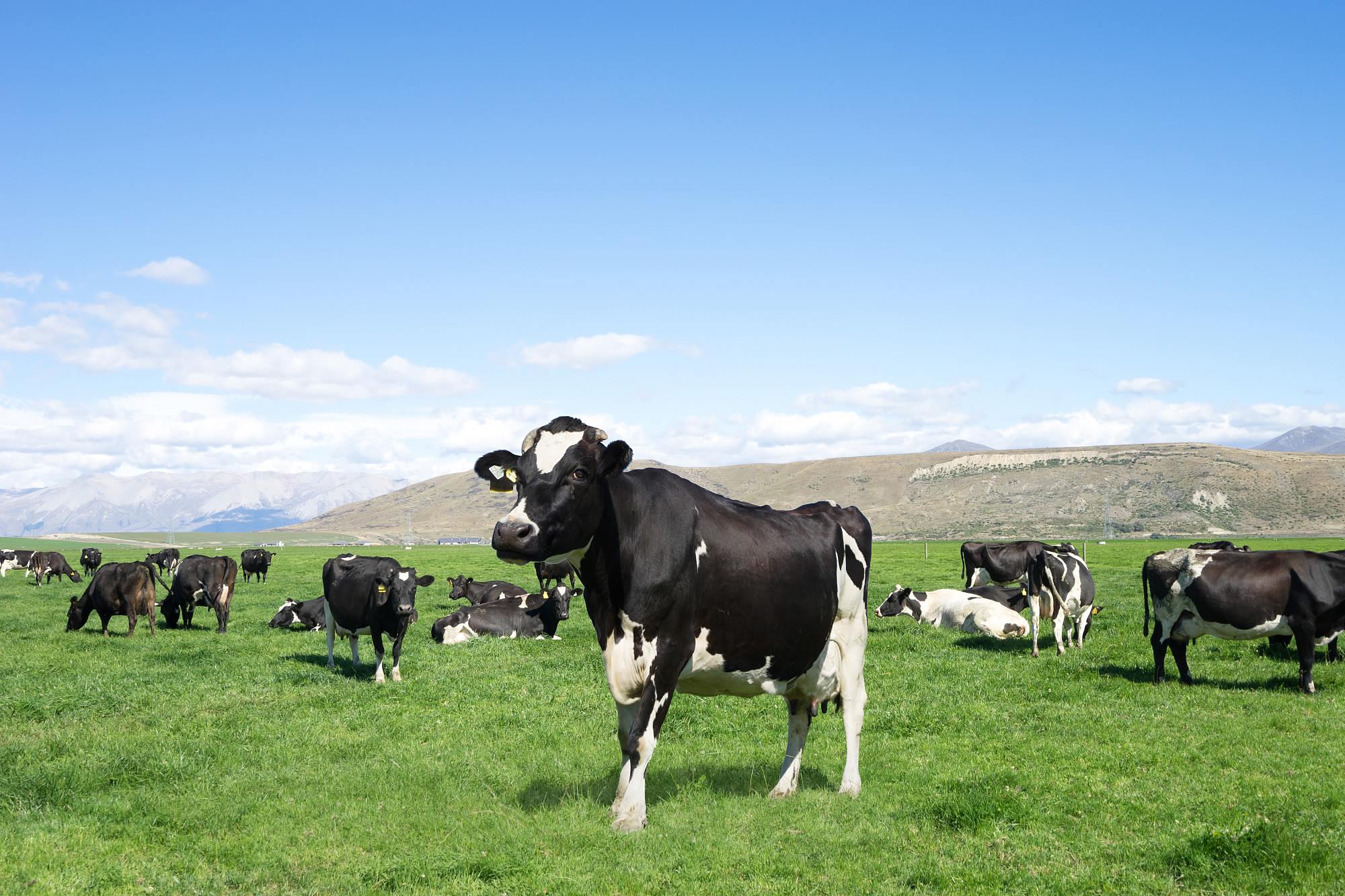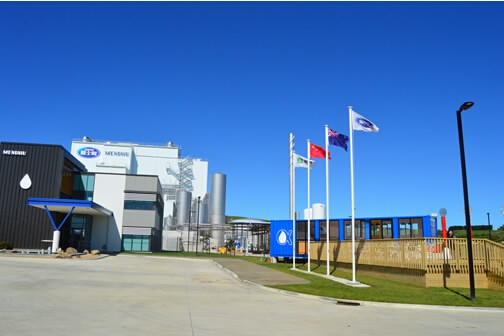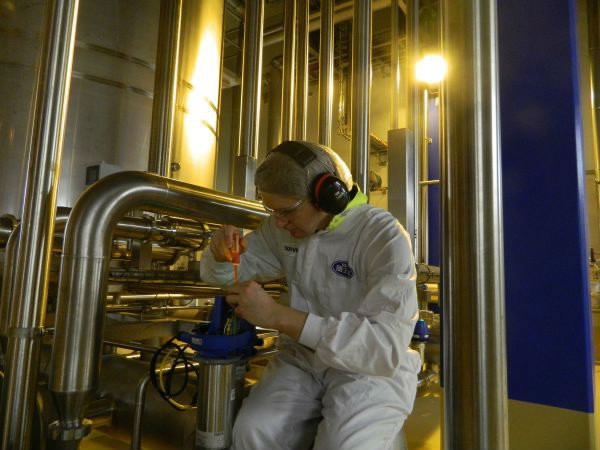China’s relationship with dairy products once soured, but the country seems to have moved past the aching melamine-tainted milk scandal in 2008. The scald has healed, and Chinese companies have whisked consumers, at home and abroad, away through high quality products and international cooperation, benefiting from the Belt and Road Initiative.
For years now, Chinese dairy companies have cooperated with New Zealand, among other countries, to create opportunities for grade A and safe products to domestic and overseas consumers, while fostering development of local economies.

CFP Photo
Lu Minfang, chief executive officer of China’s second largest dairy company China Mengniu Dairy Company Limited, told CGTN that the Belt and Road Initiative cultivates a win-win situation for both China and countries along the global development platform.
The China-proposed framework has undoubtedly promoted the cooperation between Chinese brands and international ones, Lu noted.

Lu Minfang, CEO of China Mengniu Dairy Company Limited, at the Boao Forum for Asia 2017. /CFP Photo
Mengniu produces 9.21 million tons of milk products annually, accounting for 17.3 percent of such food items by retail sales in the country, after Yili Group, which controls 22.3 percent of the market.
The Hong Kong-listed company has launched a host of collaborative projects in New Zealand to push forward its internationalization strategy.
In December 2015, Mengniu’s baby milk powder subsidiary Yashili celebrated the opening of its manufacturing plant south of Auckland to much fanfare, in a high-profile event attended by New Zealand’s then-Prime Minister John Key and China’s Ambassador Wang Lutong.

Chinese President Xi Jinping (2nd R), accompanied by New Zealand's then-Prime Minister John Key (3rd L), visits an exhibition on New Zealand's agricultural technology in Auckland, New Zealand, November 21, 2014. /Xinhua Photo
The move came a year after Chinese President Xi Jinping called for closer cooperation between the two countries on farming, agriculture and animal husbandry, during an official trip to New Zealand.
New Zealand’s exports rose by 11 percent year-on-year in March, driven by a surge in trade with China led by dairy and sheep products, according to official data.
Exports to China in March were valued at 1.1 billion NZ dollars (756.5 million US dollars), up 43 percent from the same period a year earlier.
"China continues to be our top destination for goods exports, and accounts for a quarter of the total dairy exports value," International Statistics Manager Tehseen Islam said in a statement.

Mengniu's manufacturing plant in Pokeno of New Zealand. /Mengniu Photo
CEO Lu noted that the Belt and Road Initiative provides a good opportunity to promote uniform international standards for milk products.
He said focusing on bringing the best quality of products to both consumers in China and along the Belt and Road countries is one of the biggest opportunities the initiative offers.

Mengniu's manufacturing plant in Pokeno of New Zealand. /Mengniu Photo
“Over the last few years, Mengniu has invested a significant amount of time, money and effort in developing quality, R&D capability, and our upstream capability, so that we can really bring good products to our consumers,” he said.
Chinese but localized products
Ask China: Mengniu
Adapting to local cultures can be a challenge for companies trying to win popularity in a new market. Lu, however, shared his secret to success.
Market research requires thoughtful and attentive consideration so as consumers overseas positively react to the Chinese brand and accept it.
“Going into markets, understanding what exactly are the products locals like, and understanding their taste” help Lu’s R&D team adjust their products to take on more local flavors.
“(Outside China) we are a new player, so we must work with people over there,” he added.

CFP Photo
“For example, in Southeast Asia, consumers like (milk products) a bit sweeter. When we went there we also found that Halal products are important. We knew soymilk in Indonesia is important, we also knew that ice-cream in Southeast Asia has a big market. So with all these information, we went back to our R&D team, to our product development team, to develop products to fit the taste of local consumers,” Lu said.
Profits provided by B&R
Ask China: Mengniu
Companies not only contribute to the Belt and Road Initiative, but also benefit from it. Free trade zones and free trade agreements China has with other countries have created a favorable environment for Chinese companies to go out.
“This is very important,” Lu said. “It creates a win-win situation for the countries we go to, the Belt and Road countries.”
Furthermore, the Initiative is also helping companies access a sizable pool of talent, either from shareholders or the government side, so as to ensure they meet their development needs.

CFP Photo
Financial assistance is a third profit from taking part in the Belt and Road Initiative. Lu said that Mengniu is being supported financially much easier than four or five years ago when investing outside China, conducting acquisition, or investing in countries along the Belt and Road countries.
“The Belt and Road Initiative will have an even greater future for Chinese companies to set out on their journey and develop better businesses in these countries, and (promote) win-win situations,” Lu said.









